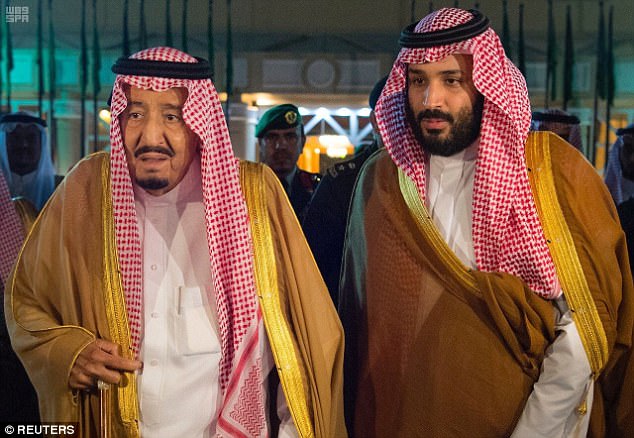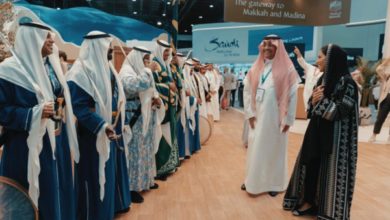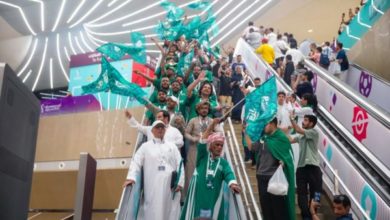The Islamic Republic of Iran .. A Choice of A People and A Success of A Revolution – 2

Ashraf AboArafe
“Aldiplomasy” continues his dialogue with the Ambassador of the Islamic Republic of Iran to Cairo, linking to the previous episode https://www.aldiplomasy.com.. The second episode is as follows:
* Aldiplomasy: Is there a relationship between the Supreme Leader and the executive authority?
# Ambassador: The supreme leader in Iran is a guiding has a role without interfering in the executive functions according to the Iranian constitution.
* Aldiplomasy : The political system in Iran … totalitarian or individual?
# Ambassador: The Islamic Republic of Iran is like many republican regimes in the world. It includes three powers: the executive, the legislative, and the judiciary. The details of the role of each of them came in the constitution approved by the Iranian people. The three powers complement each other and do not interfere in each other’s functions. But the position of the supreme leader in Iran is due to the essence of the regime itself, which is basically the regime of the Iranian Islamic Revolution depending on the leadership of Imam Khomeini as the religious authority and the world of his time is supported by the people. The role of the leader in Iran is a guiding role without interfering with the executive functions of the three authorities, given that The importance of the supreme leader’s status and the issue of welayat-e faqih, which is usually a subject of non-Iranian public opinion, and some people judge it wrongly or deliberately, and I will give you more clarifications about it. There are 17 articles in the Islamic Republic’s constitution relating to leadership in Iran, the method of election, as well as its duties and responsibilities.
As stated in the introduction of the Iranian constitution, the constitution creates the appropriate conditions to achieve the leadership of the jurist, who collects the tapes that people recognize as their leader in order to ensure that the various institutions do not deviate from their original Islamic functions.
Although the acceptance of Imam Khomeini’s leadership came automatically by the Iranian people after the victory of the revolution, the Assembly of Experts of Leadership, elected by the people, was authorized to elect the leader and the jurist. Generally, as stated in Article 107 of the Iranian constitution regarding the only and legal way to choose a leader: “The task of appointing the leader is entrusted to the experts elected by the people.” Thus, even the choice of the leader is made by the people through their election to the Council of Experts of Leadership, and this council consists of 88 people from The jurists who collect the tapes who are directly and concealed by the people for a period of 8 years, and thus the election, removal and control of the leader are the three functions that the Council of Experts is entrusted with, and this council is a completely independent institution in its own right and is not subject to the authority and influence of any other body and person, Therefore, it must be said that although the Wali al-Faqih in the Islamic Republic enjoys wide powers, there are many conditions and characteristics required in order for him to achieve this responsibility and there is also strict control over his continuation.
As for the Islamic Consultative Assembly in Iran, all of its members are elected by direct vote of the people, and its function is to legislate laws, and the government, as the executive authority, must implement its legal functions that are consistent with the general policies of the system, including the good of the state and the people, in accordance with the written priorities and policies, and present them to Parliament and the people.
As for the Guardian Council, its mission is to match the laws that were enacted in the Shura Council with the provisions of the stated Islamic religion and the constitution of the state, and it is worth noting that there is sometimes a difference in views between Parliament and the Guardian Council on some laws, so the leader at the time established the imam Khomeini convenes a council in the name of the Expediency Council in order to separate the differences in views that occur between parliament and the government, and the views of this council are to separate the discourse on this difference.
Therefore, the system of the Islamic Republic is an advanced and democratic system, because all the pillars of the system, which include the President of the Republic, the Representatives of Parliament, and the members of the Assembly of Experts of Leadership are chosen through direct voting by the Iranian people, and the leader is chosen through indirect voting by the people through a council of experts. Leadership (elected directly by the people) is also supervised by the council itself.
* Aldiplomasy: What is meant for “conservatives … reformers … and the betweenest”?
# Ambassador: The aforementioned terms are names that clarify the political intellectual currents in Iran, and it is natural that Iranian society is a diverse society in terms of ideology and political orientations. There are different and varied intellectual currents related to domestic and foreign politics, economic, cultural and social policies, and each of these sects and currents freely express and display their ideas. On the public opinion, and on the other hand, the people show their different tendencies and orientations towards each of these currents and ideas, and usually the tendencies and association of the people with each of these currents or administrative policies appear in the presidential and parliamentary elections more than at any other time, as the people look in a practical view of each From these spectrums and votes for it on this basis, so each of these spectrums exerts its abundant effort in order to gain the confidence of the people, which has created activity and movement forward within the country, and on this basis we see that the people who voted for a certain intellectual stream in one of the sessions, vote For the other in the next electoral cycle, which means that the people are the main and decisive axis in determining the government. As for the aforementioned intellectual classifications, they are not prevented from forming Parties, according to the information on the official website of the Iranian Ministry of the Interior, there are 248 parties and political formations that have permission to engage in activity in Iran, but it is possible that many because these parties are inactive due to their internal conditions, and they were formed with electoral motives at a certain period and did not continue their activities after that, and it is also possible that many of these parties are close or intellectually consistent with the three existing political currents, and in any case there is no Legal barriers to the activity of parties in Iran. On the contrary, we find encouragement to engage in political activity. However, the lack of prominence of partisan activities is a matter of Iran’s internal political and social traditions, and there are no legal obstacles to that.




